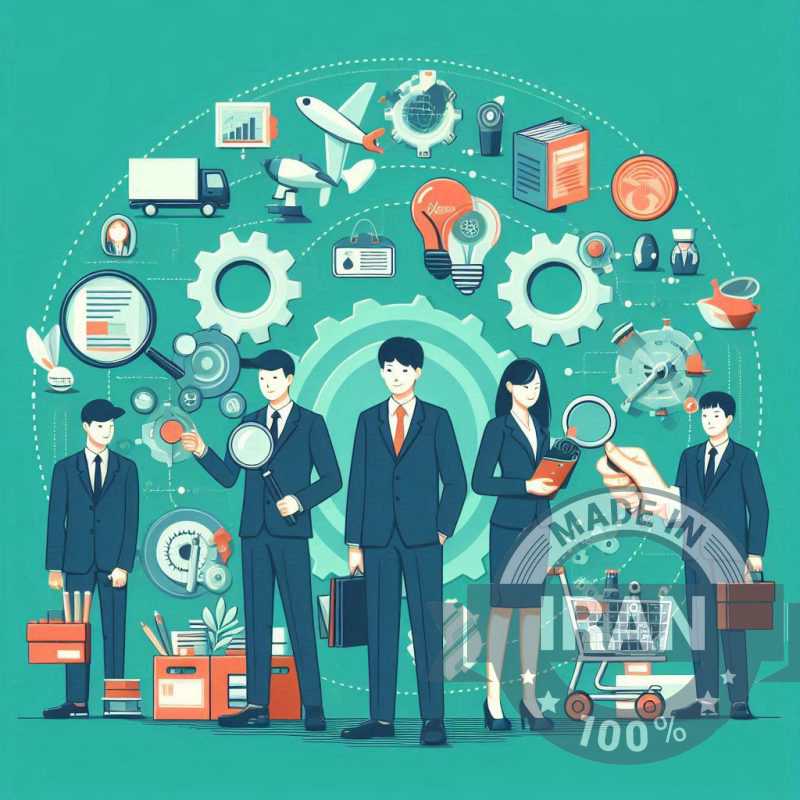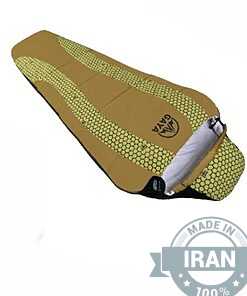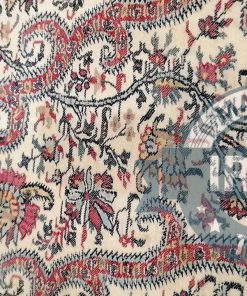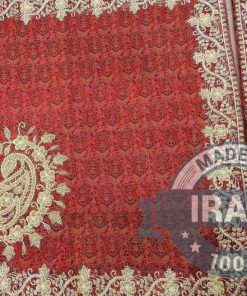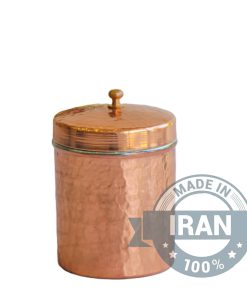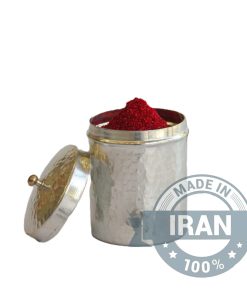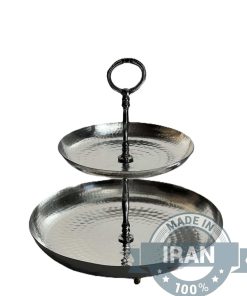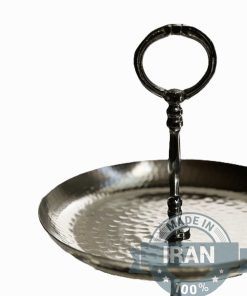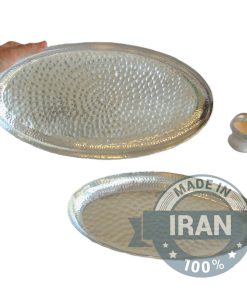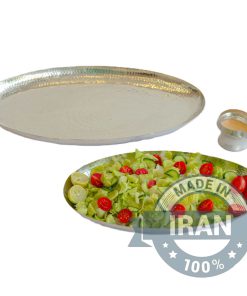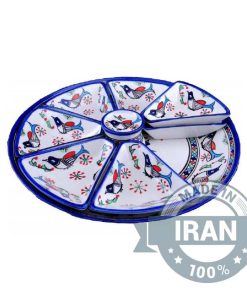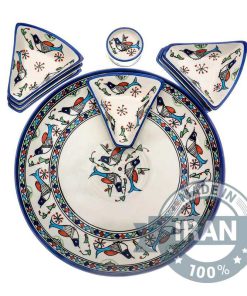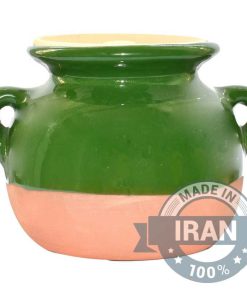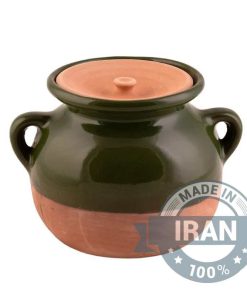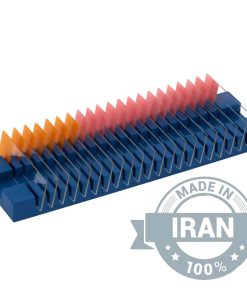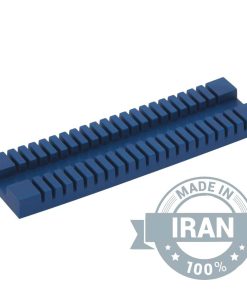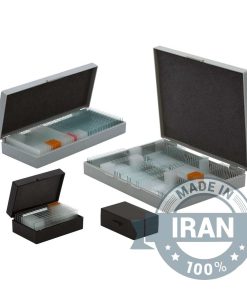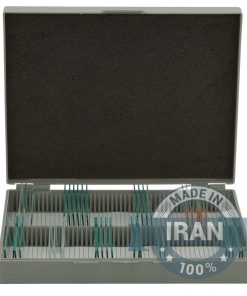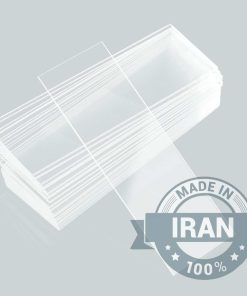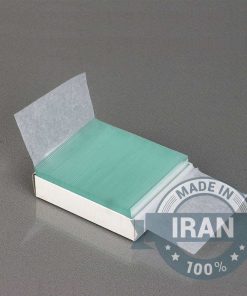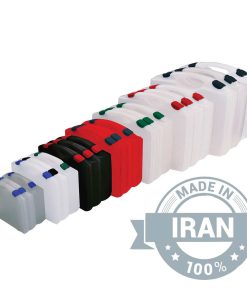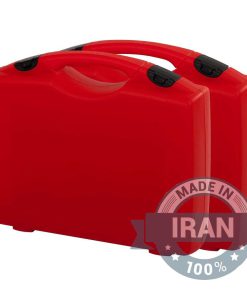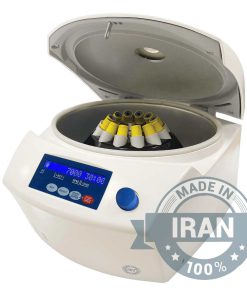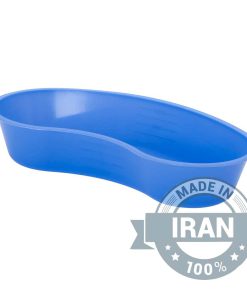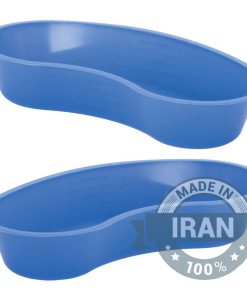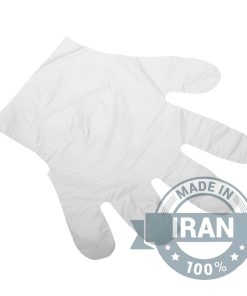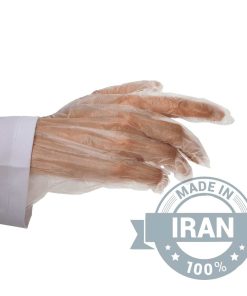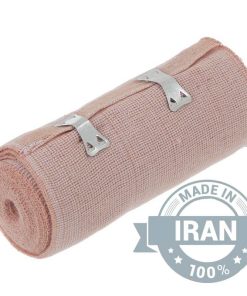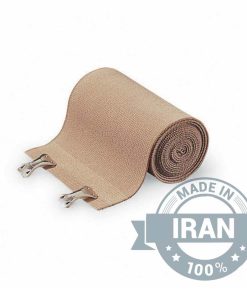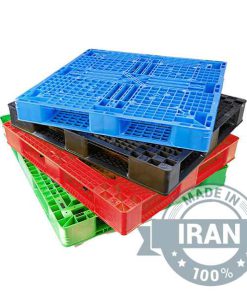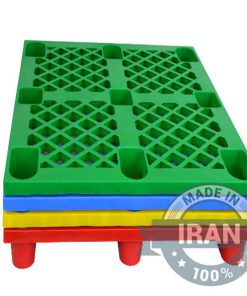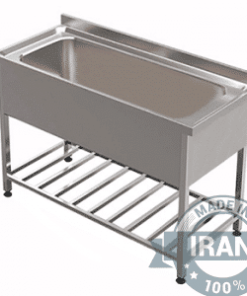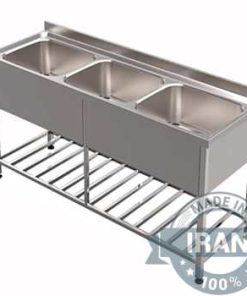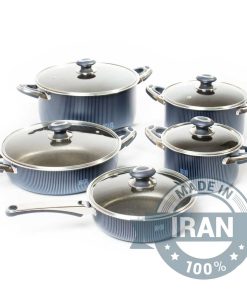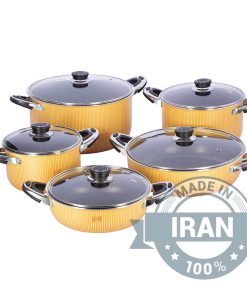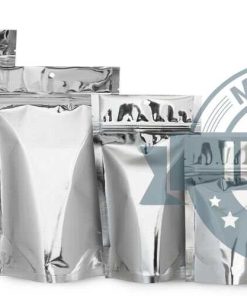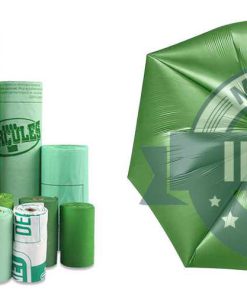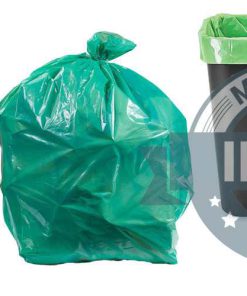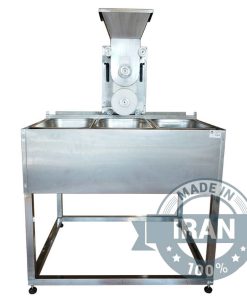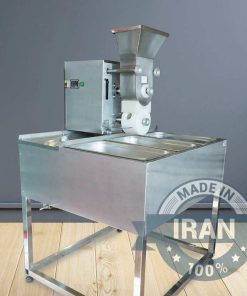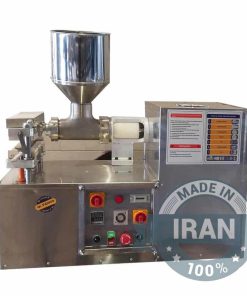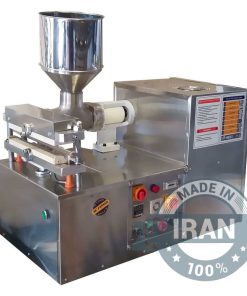Iran, with its rich history of craftsmanship and diverse range of products, offers a unique opportunity for international businesses to source high-quality goods at competitive prices. From exquisite Persian carpets and intricate handicrafts to luxurious textiles and delicious food products, Iran has a lot to offer. However, importing from Iran involves navigating a complex web of regulations, logistics, and cultural nuances. This comprehensive guide aims to provide you with all the information you need to successfully import from Iran.
Benefits of importing from Iran: High quality, competitive prices, diverse product range, and customization options.
Iran, a country steeped in history and renowned for its artistry, offers a unique proposition for international importers. With a rich tapestry of cultures and traditions, Iran produces a diverse range of high-quality products. From exquisite Persian carpets and intricate handicrafts to luxurious textiles and delectable culinary delights, the possibilities are endless.
Why import from Iran?
- Unmatched Quality: Persian products are synonymous with superior craftsmanship and attention to detail. From the finest silk fabrics to the most intricate carpets, Iranian artisans produce goods that are built to last.
- Competitive Pricing: Importing directly from Iranian manufacturers eliminates intermediaries, allowing you to enjoy competitive prices. This means better margins for your business and more affordable options for your customers.
- Diverse Product Range: Iran offers an incredible variety of products, catering to a wide range of tastes and preferences. Whether you’re looking for traditional handicrafts, contemporary designs, or specialty food items, you’re sure to find what you need.
- Customization Options: Many Iranian manufacturers are willing to work with you to create custom products that meet your specific requirements. This level of customization allows you to differentiate your offerings and stand out from the competition.
Key Industries in Iran:
- Carpet Manufacturing: Iran is world-renowned for its Persian carpets, which are considered some of the finest in the world.
- Textile Industry: Iran produces a wide range of high-quality textiles, including silk, cotton, and wool.
- Handicrafts: From ceramics and metalwork to woodwork and leather goods, Iranian artisans create stunning handicrafts.
- Food Processing: Iran is a major producer of agricultural products, including fruits, nuts, and spices.
Challenges of importing from Iran: Sanctions, customs regulations, logistics, and cultural differences.
Importing from Iran presents a unique set of challenges due to international sanctions, complex customs regulations, logistical hurdles, and cultural differences. However, with careful planning and the right resources, these obstacles can be overcome.
Sanctions: One of the most significant challenges facing importers is the complex web of international sanctions imposed on Iran. These sanctions can restrict the types of goods that can be imported, as well as the financial transactions involved. Staying updated on the latest sanctions regulations is crucial for ensuring compliance.
Customs Regulations: Iran has a unique set of customs regulations that can be complex and time-consuming to navigate. Understanding the specific requirements for your products, including labeling, documentation, and tariffs, is essential to avoid delays and penalties.
Logistics: Logistics can be challenging due to Iran’s geographic location and the potential for disruptions to shipping routes. Finding reliable shipping partners and developing efficient supply chain management strategies is key to overcoming these challenges.
Cultural Differences: Doing business in Iran requires a deep understanding of Iranian culture and business practices. Building trust with Iranian suppliers and partners is essential for successful business relationships.
Introducing Made in Iran
To address these challenges, platforms like Made in Iran have emerged as valuable resources for importers. These platforms connect international buyers with verified Iranian manufacturers and suppliers, providing a secure and efficient way to source products. By leveraging these platforms, importers can:
- Access a wide range of products: Made in Iran offers a vast selection of products, from traditional handicrafts to modern industrial goods.
- Simplify the sourcing process: The platform streamlines the process of finding reliable suppliers and negotiating deals.
- Navigate complex regulations: Made in Iran can provide guidance on customs regulations, sanctions compliance, and other legal requirements.
- Build relationships with Iranian suppliers: The platform facilitates networking and relationship building with Iranian businesses.
By utilizing platforms like Made in Iran, importers can mitigate the risks associated with importing from Iran and focus on building successful business relationships.
Steps involved in importing from Iran: Finding reliable suppliers, negotiating terms, shipping, and customs clearance.
Importing from Iran: A Comprehensive Guide
Iran, with its rich history and cultural heritage, offers a treasure trove of high-quality products, from exquisite Persian carpets to fine handicrafts and delectable culinary delights. For businesses looking to expand their product range or source unique items, importing from Iran can be a profitable venture. However, navigating the process can be complex. This guide will walk you through the steps involved in importing from Iran, from finding reliable suppliers to clearing customs.
1. Finding Reliable Suppliers One of the first steps in importing from Iran is identifying reputable suppliers. Platforms like Made in Iran can be invaluable in this regard. This online marketplace connects international buyers with verified Iranian manufacturers and exporters. By leveraging such platforms, you can:
- Access a wide range of suppliers: Discover a diverse range of suppliers offering various products.
- Verify supplier credibility: Check supplier ratings, reviews, and certifications.
- Request samples: Obtain samples to assess product quality before committing to a large order.
2. Negotiating Terms Once you have identified potential suppliers, it’s time to negotiate terms. Key factors to consider include:
- Pricing: Negotiate competitive prices based on order quantity and payment terms.
- Payment terms: Determine the most suitable payment method, such as letters of credit or wire transfers.
- Delivery terms: Agree on shipping terms, including Incoterms, and delivery timelines.
- Quality standards: Ensure that the supplier adheres to your quality standards.
3. Shipping and Logistics Shipping goods from Iran involves careful planning and coordination. Consider the following:
- Shipping methods: Choose the most suitable shipping method based on factors such as cost, speed, and the nature of the goods.
- Insurance: Obtain adequate insurance coverage to protect your shipment against potential losses.
- Documentation: Ensure that all necessary shipping documents are in order.
4. Customs Clearance Clearing customs is a crucial step in the import process. Be prepared to provide the following documentation:
- Commercial invoice
- Packing list
- Bill of lading
- Certificate of origin
- Import license (if required)
Tips for Successful Importing from Iran:
- Visit Iran: If possible, visit Iran to build relationships with suppliers and inspect their facilities.
- Understand cultural nuances: Familiarize yourself with Iranian business culture and etiquette.
- Comply with regulations: Stay updated on the latest import regulations in both Iran and your home country.
- Consider a local agent: Hiring a local agent can streamline the import process and help you navigate any challenges.
By following these steps and leveraging resources like Made in Iran, you can successfully import high-quality products from Iran and expand your business.
Popular products imported from Iran: Persian carpets, handicrafts, textiles, food products, and more.
Iran, with its rich history and cultural heritage, has long been renowned for its exquisite craftsmanship and high-quality products. From intricate Persian rugs to luxurious textiles and delectable culinary delights, Iran offers a diverse range of goods that are sought after worldwide. This article will delve into the most popular products imported from Iran and provide valuable insights for businesses looking to expand their product offerings.
Persian Carpets: Persian carpets are synonymous with luxury and elegance. Known for their intricate designs, vibrant colors, and durability, these handmade carpets are prized possessions around the world. Importing Persian carpets can add a touch of sophistication to any home or business.
Handicrafts: Iran is a treasure trove of handicrafts, including ceramics, metalwork, glassware, and textiles. These handmade items are often unique and reflect the rich cultural heritage of the country. Importing Iranian handicrafts can provide businesses with a unique selling proposition.
Textiles: Iranian textiles are renowned for their quality and beauty. From fine silk and cotton to wool and cashmere, Iran produces a wide range of fabrics that are used in clothing, home furnishings, and more. Importing Iranian textiles can help businesses create high-end products.
Food Products: Iran is a culinary paradise, offering a variety of delicious and healthy foods. Popular Iranian food products include saffron, pistachios, dates, and saffron. Importing these products can cater to the growing demand for exotic and gourmet foods.
Overcoming Challenges
While importing from Iran offers numerous benefits, businesses may encounter challenges such as trade restrictions, logistics, and quality control. To address these challenges, platforms like Made in Iran can be invaluable. Made in Iran connects international buyers with verified Iranian manufacturers, making it easier to source products and ensure quality.
Benefits of Using Made in Iran
- Verified Suppliers: Made in Iran provides a platform for verified Iranian manufacturers, ensuring the authenticity and quality of products.
- Wide Range of Products: The platform offers a diverse range of products, from traditional handicrafts to modern industrial goods.
- Simplified Sourcing: Made in Iran streamlines the sourcing process by connecting buyers directly with suppliers.
- Support Services: The platform provides support services such as translation, logistics, and payment processing.
By leveraging the resources available on platforms like Made in Iran, businesses can confidently navigate the Iranian market and source high-quality products for their customers.
Key industries in Iran: Carpet manufacturing, textile industry, food processing, and handicrafts.
Iran, with its rich history and cultural heritage, has long been renowned for its exquisite craftsmanship and high-quality products. The country’s economy is significantly bolstered by several key industries, including carpet manufacturing, textile production, food processing, and handicrafts.
Carpet Manufacturing Iran’s carpet industry is world-renowned for producing some of the most beautiful and intricate carpets. These carpets are often hand-knotted and made from natural materials like wool and silk. The intricate designs and vibrant colors of Persian carpets have made them highly sought after by collectors and interior designers worldwide.
Textile Industry Iran’s textile industry has a long and distinguished history, producing a wide range of high-quality fabrics, including silk, cotton, and wool. Traditional Iranian textiles are known for their intricate patterns and vibrant colors. The industry has undergone significant modernization in recent years, enabling it to meet the demands of the global market.
Food Processing Iran is a major producer of agricultural products, and its food processing industry has grown significantly in recent years. The country is known for its high-quality fruits, nuts, and spices, which are used to produce a variety of food products. Some of the most popular Iranian food products include saffron, pistachios, and dates.
Handicrafts Iranian handicrafts are renowned for their intricate designs and high quality. Traditional Iranian handicrafts include ceramics, metalwork, and woodwork. These handicrafts are often made using traditional techniques and materials, and they are highly sought after by collectors and tourists.
Overcoming Challenges and Promoting Iranian Products Despite the rich history and high quality of Iranian products, the country faces several challenges in promoting its exports, including sanctions, logistics, and competition from other countries. To address these challenges and facilitate trade, platforms like Made in Iran have emerged. These platforms connect Iranian manufacturers directly with international buyers, providing a seamless and efficient way to source products from Iran.
By using platforms like Made in Iran, buyers can:
- Discover a wide range of high-quality Iranian products
- Connect directly with Iranian manufacturers
- Access competitive pricing and customization options
- Simplify the import process
Conclusion Iran’s key industries, including carpet manufacturing, textiles, food processing, and handicrafts, offer a wealth of opportunities for international buyers. By leveraging platforms like Made in Iran, businesses can easily source high-quality products directly from Iranian manufacturers and tap into a growing market.
Tips for successful importing: Building relationships with suppliers, understanding Iranian business culture, and navigating the import process.
Importing from Iran offers a unique opportunity to source high-quality, authentic products at competitive prices. However, navigating the intricacies of the Iranian market can be challenging. To ensure a successful import process, consider these essential tips:
1. Build Strong Relationships with Suppliers:
- Network: Attend trade shows and industry events to connect with Iranian manufacturers and exporters.
- Visit Iran: If possible, visit Iran to build personal relationships and inspect facilities.
- Due Diligence: Conduct thorough research on potential suppliers, including their reputation, financial stability, and production capabilities.
- Cultural Nuances: Understand Iranian business culture, which often emphasizes personal relationships and hospitality.
2. Understand Iranian Business Culture:
- Negotiation: Be prepared for extended negotiations and a focus on building consensus.
- Hospitality: Appreciate Iranian hospitality and be mindful of cultural customs and traditions.
- Patience: The Iranian business culture can be slower-paced compared to Western counterparts.
3. Navigate the Import Process:
- Regulations: Stay updated on the latest import regulations and obtain the necessary permits and licenses.
- Logistics: Work with a reliable freight forwarder to handle shipping and customs clearance.
- Payment Terms: Discuss payment terms with suppliers and consider using secure payment methods.
- Quality Control: Implement strict quality control measures to ensure that the products you receive meet your standards.
4. Leverage Online Platforms:
- Made in Iran: Utilize platforms like Made in Iran to connect with a vast network of Iranian suppliers and manufacturers. This platform offers a comprehensive directory of Iranian products and services, making it easier to find the right partners.
FAQ
Iran offers a wide range of high-quality products at competitive prices, including Persian rugs, textiles, and handicrafts. Importing from Iran gives you access to a rich cultural heritage and unique products.
Challenges include navigating complex regulations, dealing with sanctions, and managing logistics. However, platforms like Made in Iran can simplify the process by connecting you directly with reliable Iranian suppliers.
Platforms like Made in Iran provide a comprehensive directory of Iranian manufacturers and exporters, making it easier to find reliable suppliers. You can also attend trade shows and industry events to connect with potential partners.
Popular imports from Iran include Persian rugs, textiles, food products (such as saffron and pistachios), and handicrafts.
It's advisable to work with a customs broker to navigate the complex customs procedures in Iran. They can help with documentation, clearance, and compliance with regulations.
Payment terms can vary, but common options include letters of credit (LC), wire transfers, and advance payments.
Request samples, conduct quality inspections, and visit the supplier's facilities if possible. Platforms like Made in Iran often provide quality assurance certifications for their listed suppliers.
Understanding Iranian business culture is essential. Build personal relationships, be patient, and respect their traditions.
Diversify your suppliers, conduct thorough due diligence, and consider purchasing insurance. Platforms like Made in Iran can help mitigate risks by providing verified supplier information.
Yes, there are international sanctions and domestic regulations that can affect imports from Iran. Stay updated on the latest regulations and consult with legal experts. 1. What are the benefits of importing from Iran?
2. What are the challenges of importing from Iran?
3. How can I find reliable suppliers in Iran?
4. What are the most popular products imported from Iran?
5. How can I navigate the customs process in Iran?
6. What are the payment terms for importing from Iran?
7. How can I ensure the quality of products imported from Iran?
8. What are the cultural considerations for doing business in Iran?
9. How can I mitigate the risks associated with importing from Iran?
10. Are there any government restrictions on importing from Iran?


